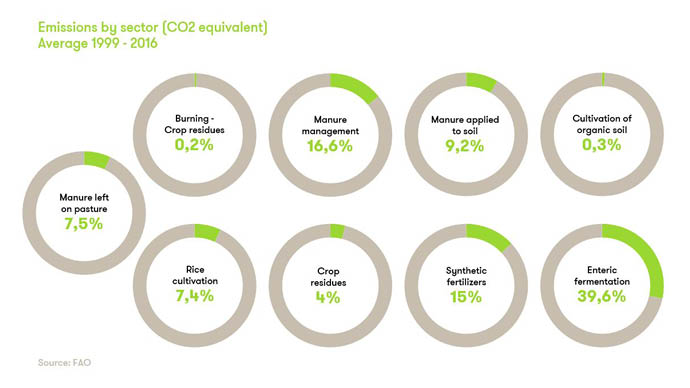Massimiliano Alajmo:
Sustainability is a way of life and a philosophy we try to apply to the various aspects of our cuisine. Attention to ingredients means respect for their seasonality, selection of the best raw materials we try to exploit as much as possible, from head to toe, to minimize waste. We look for a level of sustainability that maximizes efficiency and create the right balance to meet the guest needs, get the best from materials and ingredients.
Unfortunately, we also have to face the unsustainability that emerges from the need to trace, register and label our preparations or to preserve product healthiness, e.g. through cooking or preservation methods requiring the use of specific disposable plastic materials.
The challenge is complex and must take into account many aspects that often do not depend only on a single entity, but rather the system has to follow a positive trend and aim at the same goal. Only in this way we will be really sustainable… with each other.
Davide Oldani:
When I was a child and the rules of the house banned food waste, bread was never thrown away but turned into delicious cakes. Ingenuity found its way to solve needs every day. Then the time came when eating was no longer only a necessity – at least for a part of the world – but also a pleasure. And the quest for innovation has become the reason for sharpening wits and skills. But I believe that the less is more principle can apply to innovation too.
Season-wise supply, a well-equipped but not overstuffed pantry, proper preservation procedures, a well-thought out menu… carefully devising menus is a form of respect for everybody . Wasting food means throwing away the money we spent to buy it, the time and work of the people who grew it as well as the water, land and energy used.
________
Notes:
[1] "Surplus Food Management Against Food Waste Il recupero delle eccedenze alimentari. Dalle parole ai fatti." di Garrone, Melacini, Perego – DIG, Politecnico di Milano – Ed. La Fabbrica 2015.
[2] EU Fusions (2016).


